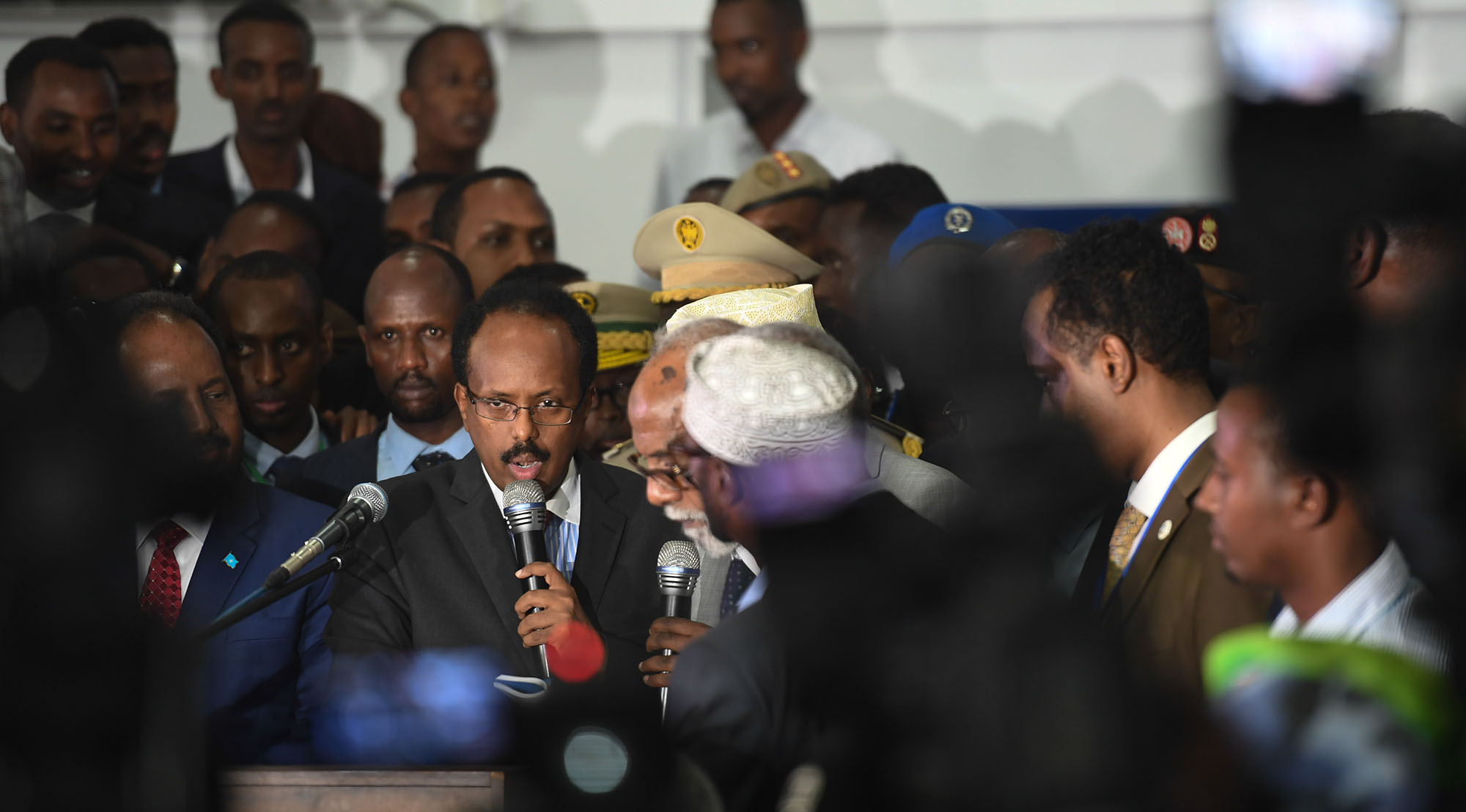An interview with Dr. Dominik Balthasar, Senior Researcher at swisspeace’ Statehood program.
swisspeace: The Somali presidential election was to be held in August 2016. Why was it postponed to February 2017?
Originally, the election promised to be a one-person, one-vote national poll. But, largely due to prevailing security concerns, it shifted to an electoral system. It was, thus, preceded by an indirect election process, which saw 135 ‘traditional authorities’ selecting delegates who elected the members of parliament in autumn 2017. On February 8, they, in turn, elected former Prime Minister Mohamed Abdullahi Mohamed ‘Farmajo’ as President of Somalia.
This graded process was also hoped to hamstring the extensive corruption that had haunted the 2012 presidential election. Did it work?
Unfortunately not. In fact, in light of an estimated USD 20 million having feverishly changed hands during the course of the electoral cycle, several analysts, investigators, and some Western diplomats have started referring to the 2017 presidential election as the most fraudulent political event in Somalia’s history.
Who is Somalia’s new president Farmajo?
Farmajo first became a well-known figure in Somalia in November 2010 when appointed as a Prime Minister by then President Sharif Sheikh Ahmed. During this time, he implemented many popular policies that brought him trust and respect, both nationally and internationally. He reduced the then cabinet from 31 members to a core of just 18, fought corruption, and ensured government salaries were paid on time – which proved particularly important for a security apparatus that has faced stiff military resistance and economic incentives by the militant Islamist organization Al-Shabaab.
What can be expected of Farmajo’s presidency?
While much hope and optimism has accompanied the election of Farmajo, he faces a challenging agenda. Apart from establishing security, a productive economy, and national unity, Farmajo will have to get a derailed political process of federalization and democratization back on track, in addition to improving Somalia’s relations to its neighbors. Yet, in light of limited resources and an ongoing, conflictive state-building project at hand, it remains to be seen whether Farmajo will be able to deliver on the high, popular expectations.


